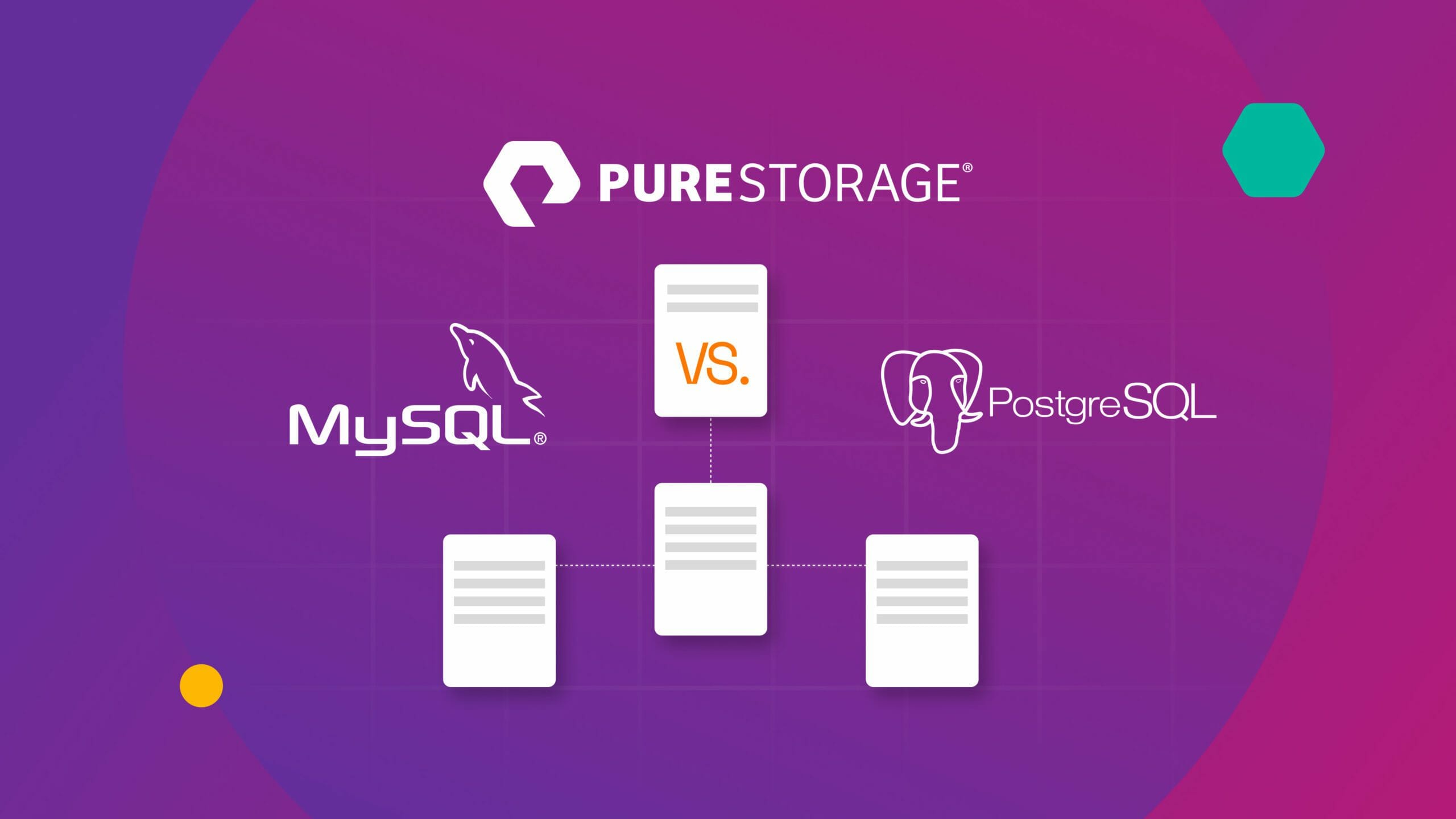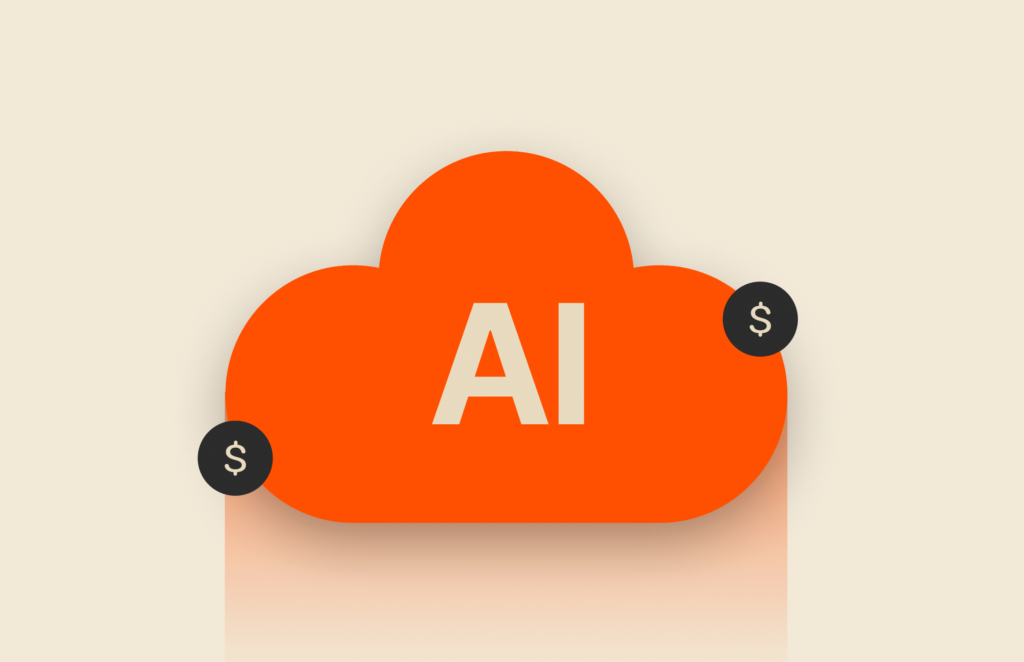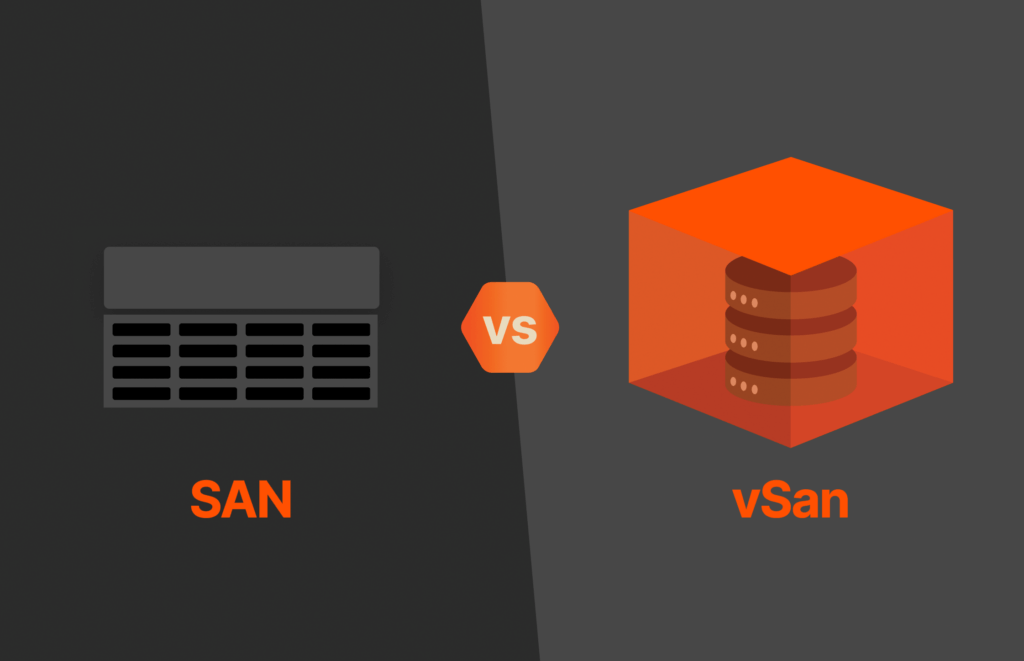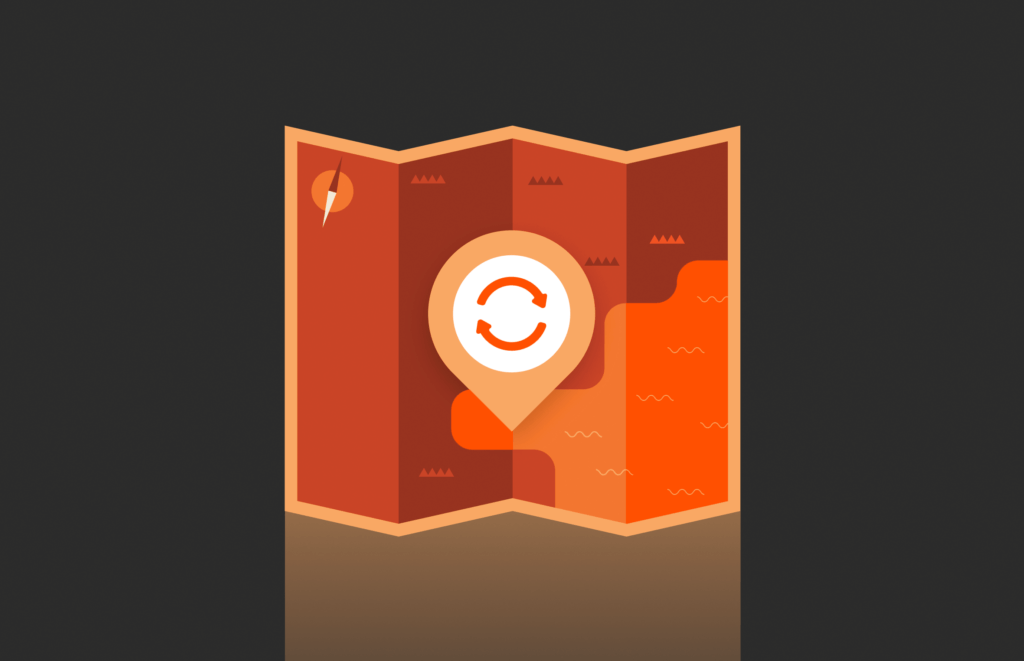If you need a relational database for your application, two potential candidates for efficient storage and fast transactions are MySQL and PostgreSQL. MySQL has been around since the 1990s, so it’s often the first preference for many developers, but PostgreSQL has several features that make it a competitive alternative. Before you decide on a database for your application, here are some distinct differences between the two database platforms to help you choose the best one for your project.
MySQL is a traditional relational database. This means that developers will be familiar with the way tables store data, as well as the primary and foreign keys used to link records. Using MySQL gives you a choice of engines, and the engine you use will determine performance. The MyISAM engine is a competitive enterprise option that powers global applications.
PostgreSQL is a newer open source relational database, but it isn’t the traditional relational engine most developers are used to. One advantage of using PostgreSQL is that it’s an object-based engine, which means that PostgreSQL has several more features, such as inheritance and function overloading, that MySQL doesn’t have.
PostgreSQL vs. MySQL: A Performance Analysis
Both databases scale well and support enterprise applications. MySQL supports multiple engines, so applications running on the MyISAM engine will have the same performance as applications running on PostgreSQL. One exception to this rule is that older MySQL engines such as InnoDB don’t have the performance of newer MySQL engines. An application running on MySQL’s InnoDB will be slower compared to PostgreSQL.
Another factor in performance is the way functions and queries are written. Even with a fast database, poorly created queries can slow down results. Always follow performance best practices when building queries, triggers, and functions.
PostgreSQL vs. MySQL: Syntax Differences
Since PostgreSQL and MySQL are relational databases, syntax for querying data is very similar. Any developer familiar with MySQL will be able to jump into PostgreSQL development quickly without much of a learning curve.
For example, take the following SELECT query:
SELECT * FROM orders;
The above query works for both databases, which makes it easier for developers to port their MySQL code to PostgreSQL during migration.
PostgreSQL vs. MySQL: How Easy Are They to Learn?
Any developer interested in database programming should learn syntax for relational databases. Relational database platforms have small differences in syntax, but overall, the query syntax is similar and can be used across multiple environments. MySQL has long been a dominant database engine on the market, but PostgreSQL is popular among in-house and web application developers. Since both use traditional SQL syntax, they’re both considered easy to learn.
Should You Learn MySQL or PostgreSQL First?
Because MySQL is still used in most enterprise applications, including WordPress, it’s probably best to learn MySQL first. WordPress backs a large portion of websites, and MySQL is still used in legacy applications. Developers looking into web-based programming careers should start with MySQL. As you learn MySQL, you can then move on to PostgreSQL, which powers many newer applications across several platforms including web- and cloud-based applications.

The Innovation Race
Reducing Risk and Navigating the AI Frontier for Future Success
Which Is Easier to Learn: PostgreSQL or MySQL?
Since both databases use similar syntax, learning one platform will make it easier to switch to another database platform. You should learn the database engine that interests you the most, but you should also stay current with your technical knowledge. New developers could learn PostgreSQL syntax first to ensure that they’re familiar with the latest technology, but keep in mind that MySQL is still common in the development world.
PostgreSQL vs. MySQL: Which Is Better?
Most databases have their own benefits and drawbacks, and the same can be said for PostgreSQL and MySQL. Although neither is better or worse than the other, object-oriented programming is supported on PostgreSQL, which means that many developers prefer working with PostgreSQL features. However, MySQL is known to be a stable database supported by a wide range of applications and platforms, so it’s a tried-and-true platform with a large community.
The best way to choose a database platform is to first know the application it will support and then design the application features. You can then decide if PostgreSQL’s object-oriented features would be better suited for your project, or if you want to work with a reliable and trusted MySQL database. Also, you can work with both within an environment and replicate data between the two to synchronize information across your applications. The latter option lets you choose both for your enterprise applications and environments, so developers have the best of both worlds.
https://www.youtube.com/embed/WA91reRrWcI?si=ZY_5ntmzeSGTsRUt
Written By:







